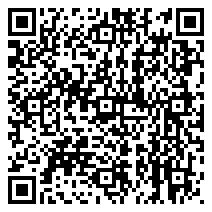Book Discussion “Jejak dan Langkah Energi Terbarukan Indonesia” or “Indonesia’s Renewable Energy Trails and Steps”
To lower emissions from energy, Indonesia needs to transition from fossil fuels to renewable energy. However, despite having abundant renewable energy, Indonesia had only installed 10.491 GW of renewable capacity by December 2020, a mere 188 MW increase over 2019. Hydropower and geothermal energy contributed the most to Indonesia’s total renewable installed capacity (on-grid and off grid), leaving other types of renewable energy underdeveloped. In contrast, coal still plays a significant role in Indonesia’s energy system. Between 2005 and 2019, Indonesia added 25 GW of coal-fired power plants, a 260% increase in 14 years. The massive expansion of coal infrastructure aimed at meeting increased energy demand driven by economic growth. However, these coal additions are still concentrated on Java while some parts of the country still experience an electricity deficit.
This dynamic of renewables development in Indonesia has been covered by the media. Kompas, as one of the biggest media in Indonesia, has created many in-depth coverage writings on this topic. These daily in-depth reports are compiled in a book called “Jejak dan Langkah Energi Terbarukan Indonesia” or “Indonesia’s Renewable Energy Trails and Steps“, written together with the Institute for Essential Services Reform (IESR). This book aims to describe the actual conditions of energy transition in the field.

